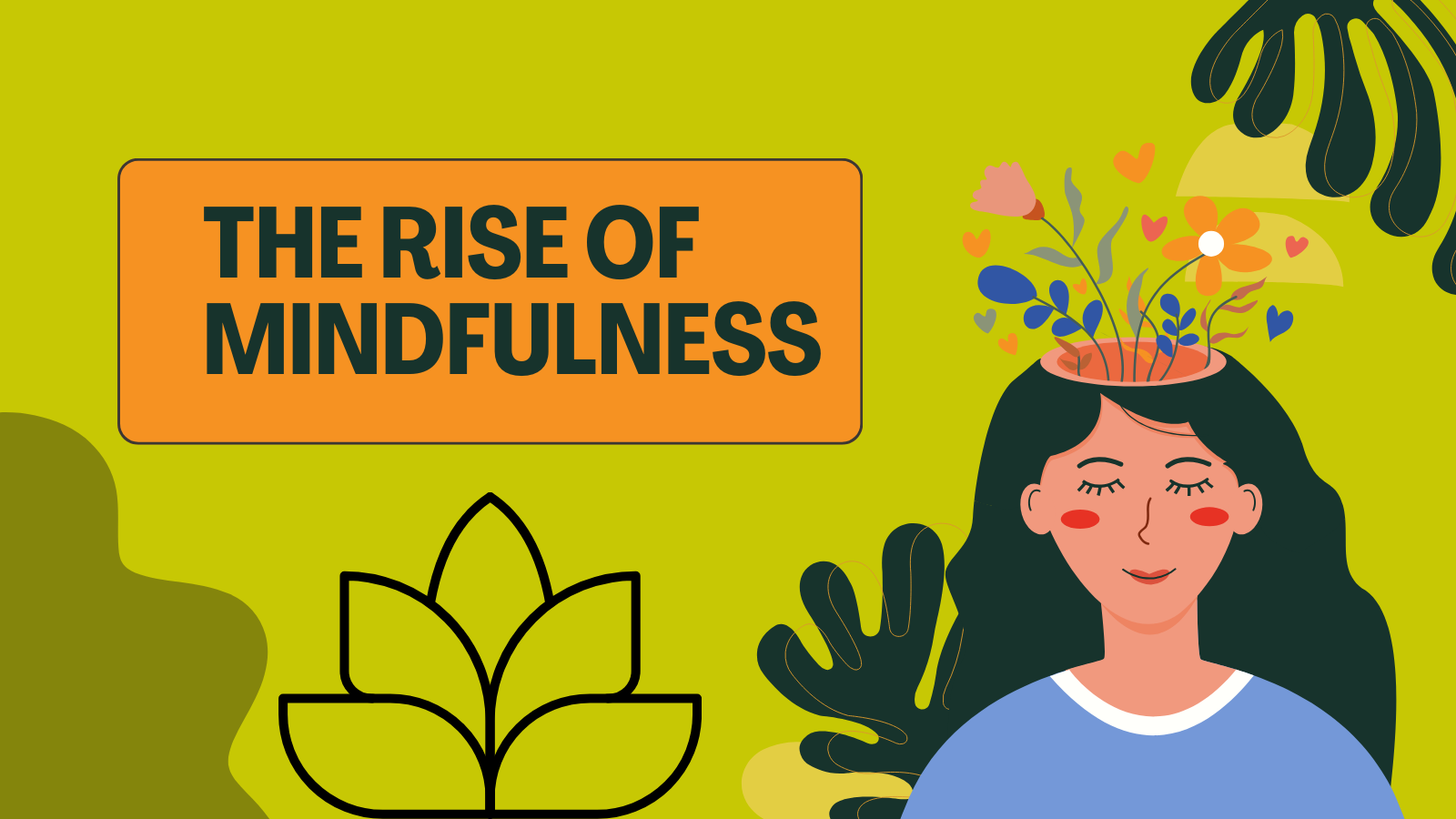
20 May 2024
In recent years, mindfulness has transitioned from a spiritual practice rooted in ancient traditions to a mainstream strategy endorsed by contemporary science for enhancing mental wellness. This surge in popularity is no coincidence; it reflects a broader shift in our collective approach to health and well-being, where the interconnection between mind and body is increasingly acknowledged. As mental health challenges become more visible in our fast-paced, high-stress societies, mindfulness offers a seemingly simple yet profoundly effective tool for cultivating peace, resilience, and a deeper sense of contentment in our lives.
Understanding Mindfulness and Its Foundations
Mindfulness is the practice of being fully present and engaged in the moment, aware of our thoughts and feelings without distraction or judgment. Originating from Buddhist meditation, the practice has evolved into various forms that can be adapted to different lifestyles and preferences. This section can delve into the historical roots of mindfulness and how it has been adapted to modern mental health practices.
Scientific Backing: The Evidence on Mindfulness
Numerous studies have documented the benefits of mindfulness, showing that regular practice can significantly reduce symptoms of anxiety, depression, and stress. It can also enhance cognitive functions like attention, concentration, and decision-making. Discuss the neurobiological changes that occur with regular mindfulness practice, such as increased gray matter density in regions of the brain associated with memory, empathy, and stress regulation.
Incorporating Mindfulness into Everyday Life
- Mindful Breathing Techniques: Simple exercises that can be practiced anywhere, anytime to center oneself and reduce stress.
- Guided Meditation: Using apps or online resources for guided meditation sessions that can help beginners learn the techniques of mindfulness.
- Mindful Walking: Turning daily walks into meditative practices by focusing intensely on the experience of walking and the sensations involved.
- Mindful Eating: Enhancing the eating experience by focusing on the flavors, textures, and sensations of food, which can help improve digestion and satisfaction with meals.
Mindfulness in Different Settings
Explore how mindfulness is being implemented in various environments, such as schools, workplaces, and hospitals, and the positive impacts reported in these settings. Highlight programs that have successfully integrated mindfulness to improve focus, reduce error rates, and enhance employee satisfaction.
Include anecdotes or case studies that illustrate the transformative power of mindfulness on individuals from various walks of life. This can provide a human element to the discussion, showcasing real-world examples of how mindfulness has improved mental health and overall quality of life.
Moreover, the ripple effects of widespread mindfulness can extend into various sectors including education, healthcare, and business. In schools, mindfulness can help students manage exam stress and social pressures, fostering environments that prioritize mental as well as academic development. In healthcare, it can complement traditional treatments for mental and physical ailments, potentially reducing healthcare costs and improving patient outcomes. In the workplace, it can enhance decision-making, creativity, and employee satisfaction, which in turn boosts productivity and reduces turnover.
Outcome
As we cultivate mindfulness, the outcome is a more mindful society where individuals are not only less stressed and happier but also more empathetic towards others. This shift has the potential to alter the fabric of communities, creating spaces that prioritize mental wellness and are resilient in the face of challenges. The practice of mindfulness, therefore, is not just about personal growth—it's about cultural evolution.
Embracing mindfulness is embracing a tool that has the power to transform lives on multiple levels—from the personal to the global. As you integrate mindfulness into your daily routine, you contribute not only to your own health but also to the creation of a more mindful, compassionate world.
Let this be a call to action not just for individuals seeking peace but for leaders, policymakers, and educators to consider how they might also integrate these practices into their spheres of influence to catalyze positive change.
Let this be a call to action not just for individuals seeking peace but for leaders, policymakers, and educators to consider how they might also integrate these practices into their spheres of influence to catalyze positive change.
Begin your mindfulness journey today. Start small, perhaps with a mindfulness meditation each morning or by practicing mindful eating during your next meal. Consider joining a mindfulness training program or workshop to deepen your practice. Whatever step you choose, remember that each moment of mindfulness adds up to a significant impact on your mental health and well-being.
